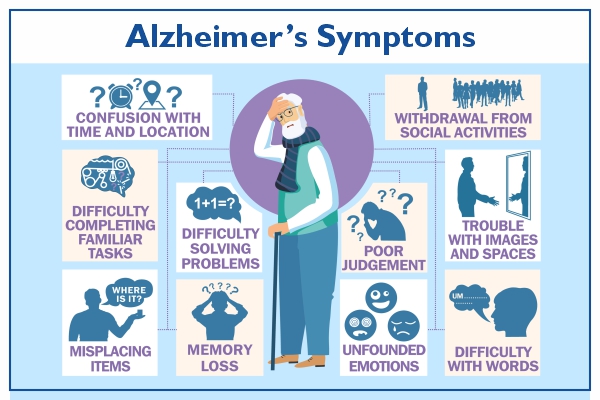Recent Research Reveals the Crucial Role of Damaged Blood Vessels in the Development of Dementia and Alzheimer’s Disease
Alzheimer’s disease, a devastating neurological disorder, affects millions of people worldwide, with no cure yet discovered. Recent studies have shed light on the crucial role of vascular changes in the brain, which are linked to the development of Alzheimer’s disease. This article will delve into the latest research and explore the connection between damaged blood vessels and dementia.
Vascular Changes in the Brain
Research has shown that vascular changes in the brain are a key factor in the development of Alzheimer’s disease. These changes can occur due to various factors, including high blood pressure, diabetes, and smoking. When blood vessels in the brain become damaged, they can reduce blood flow, which can cause brain cells to die. This can result in cognitive decline, memory loss, and other symptoms characteristic of Alzheimer’s disease.

Damaged Blood Vessels and Dementia
A recent study published in the journal Nature Medicine found that damaged blood vessels in the brain are a major contributor to dementia. The study used genetic data to identify individuals with damaged blood vessels and found that they were more likely to develop dementia. This research provides strong evidence for the role of vascular changes in the development of Alzheimer’s disease.
Identifying Vascular Changes
Researchers have developed new methods to identify vascular changes in the brain, which can help diagnose Alzheimer’s disease earlier. These methods involve analyzing brain scans and genetic data to identify individuals with damaged blood vessels. Early diagnosis is crucial, as it allows for earlier intervention and potentially slows down the progression of the disease.
Preventive Measures and Lifestyle Changes
While there is no cure for Alzheimer’s disease, there are several preventive measures and lifestyle changes that can help manage its symptoms. These include maintaining a healthy diet, exercising regularly, and getting enough sleep. Additionally, reducing stress and engaging in mentally stimulating activities can also help reduce the risk of developing Alzheimer’s disease.

AI Model Predicts Alzheimer’s Disease
A new AI model has been developed to predict Alzheimer’s from speech patterns. This model uses machine learning algorithms to analyze speech patterns and identify early signs and symptoms of the disease. This technology has the potential to revolutionize the diagnosis and treatment of Alzheimer’s disease.
Hidden Signals in Speech
Research has also found that there may be hidden signals in the way people speak that can predict the risk of developing Alzheimer’s. This research suggests that the way we speak may be a valuable indicator of our risk of developing the disease. Further studies are needed to confirm these findings, but this research has the potential to lead to new diagnostic tools and treatments.
Conclusion
Alzheimer’s is a complex and devastating disorder that affects millions of people worldwide. Recent research has shed light on the crucial role of vascular changes in the brain, which are linked to the development of dementia. By understanding these changes, we can develop new diagnostic tools and treatments that can help manage the symptoms of Alzheimer’s. Additionally, preventive measures and lifestyle changes can help reduce the risk of developing the disease. As research continues to uncover the secrets of Alzheimer’s disease, we can work towards finding a cure and improving the lives of those affected by this devastating disorder.



 By
By









 By
By







